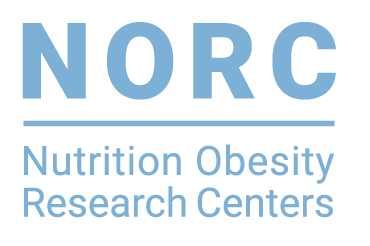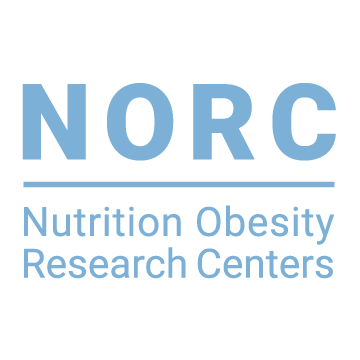Anorexia nervosa and the intestinal microbiota: do gut microbes influence weight gain and behavior during clinical re-nourishment?
Date and Time:
Thursday, April 12, 2018
12:00 PM – 1:00 PM Eastern
Speaker:
Ian Carroll, PhD (Assistant Professor, Department of Nutrition, University of North Carolina at Chapel Hill)
Abstract:
Abstract: Anorexia nervosa (AN), a psychiatric disorder characterized by extreme weight dysregulation commonly presents with comorbid anxiety. AN carries the highest mortality rate of all psychiatric illnesses and relapse is frequent. Therapeutic re-nourishment in AN is based primarily on clinical opinion and guidelines, and does not address the underlying etiology of the disorder. Moreover, gastrointestinal (GI) effects of re-feeding are uncomfortable, distressing, and painful resulting in high treatment dropout. Although a prime contributor, genetic factors do not fully account for the etiology of AN, and non-genetic factors that contribute to the onset and persistence of this disease warrant investigation. Identifying novel contributors to the complex etiology of AN will help develop innovative, safe, and effective therapies.
The intestinal microbiota is defined as the community of microorganisms, including bacteria, archaea, fungi, parasites, and viruses, that reside within the human gastrointestinal (GI) tract. It has been estimated that this complex community comprises trillions of microbes, equating to a 1:1.3 ratio of human-to-bacterial cells, with the greatest density and diversity found in the lower GI tract. Although this complex microbial community is necessary for the health of the host, a microbial dysbiosis—an imbalance in the expected prevalence of microbial species in the intestinal niche—is often associated with various diseases. Recently, the gut microbiota has been implicated in substantially influencing host weight regulation and energy harvest from the diet as well as modulating host behavior via direct and indirect pathways. As a result of these findings, attention to the intestinal microbiota has increased over the past two decades in metabolic and GI disorders including obesity, malnutrition, IBD, and colorectal cancer. Given that gut microbiotas influence both weight regulation and behavior, two hallmarks of AN, our investigations into the intestinal microbiotas of patients with AN have yielded intriguing preliminary results.
Location:
UNC Nutrition Research Institute
500 Laureate Way
Kannapolis, NC 28031
Room 2201
-or-
Broadcast via Zoom at https://uncsph.zoom.us/j/882917666
For additional information contact Susan Smith.

